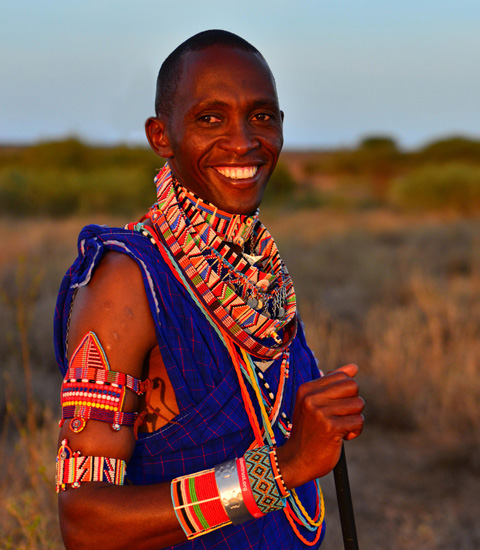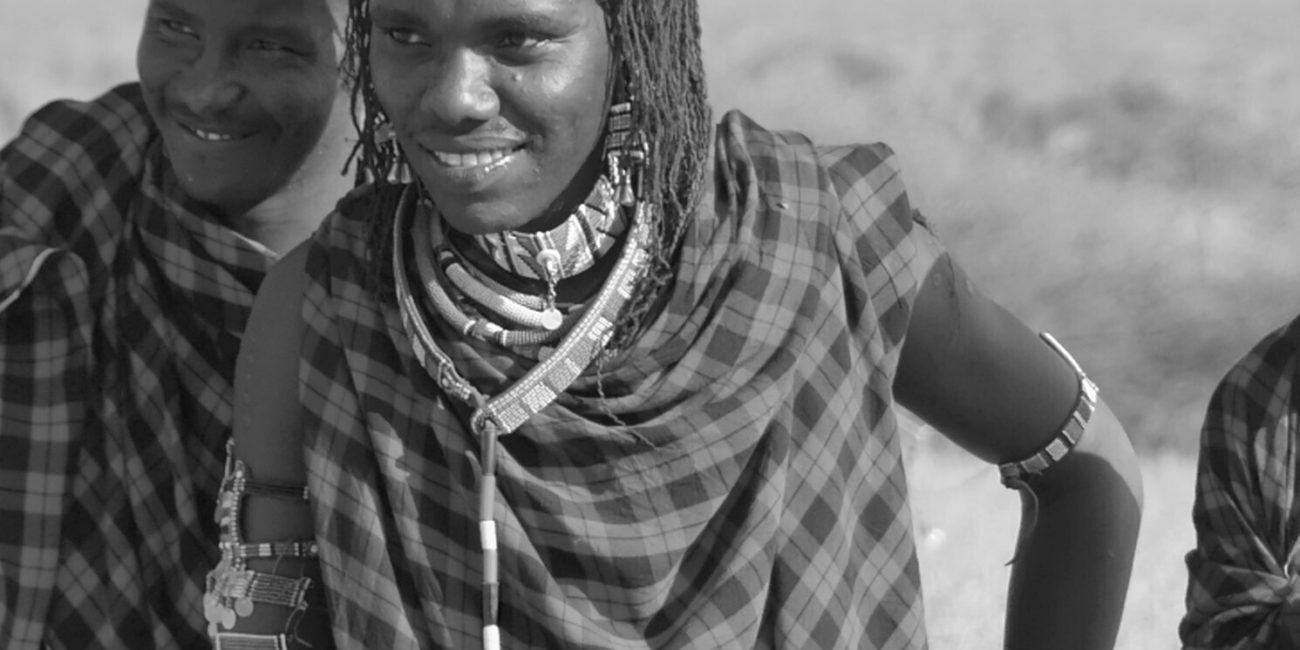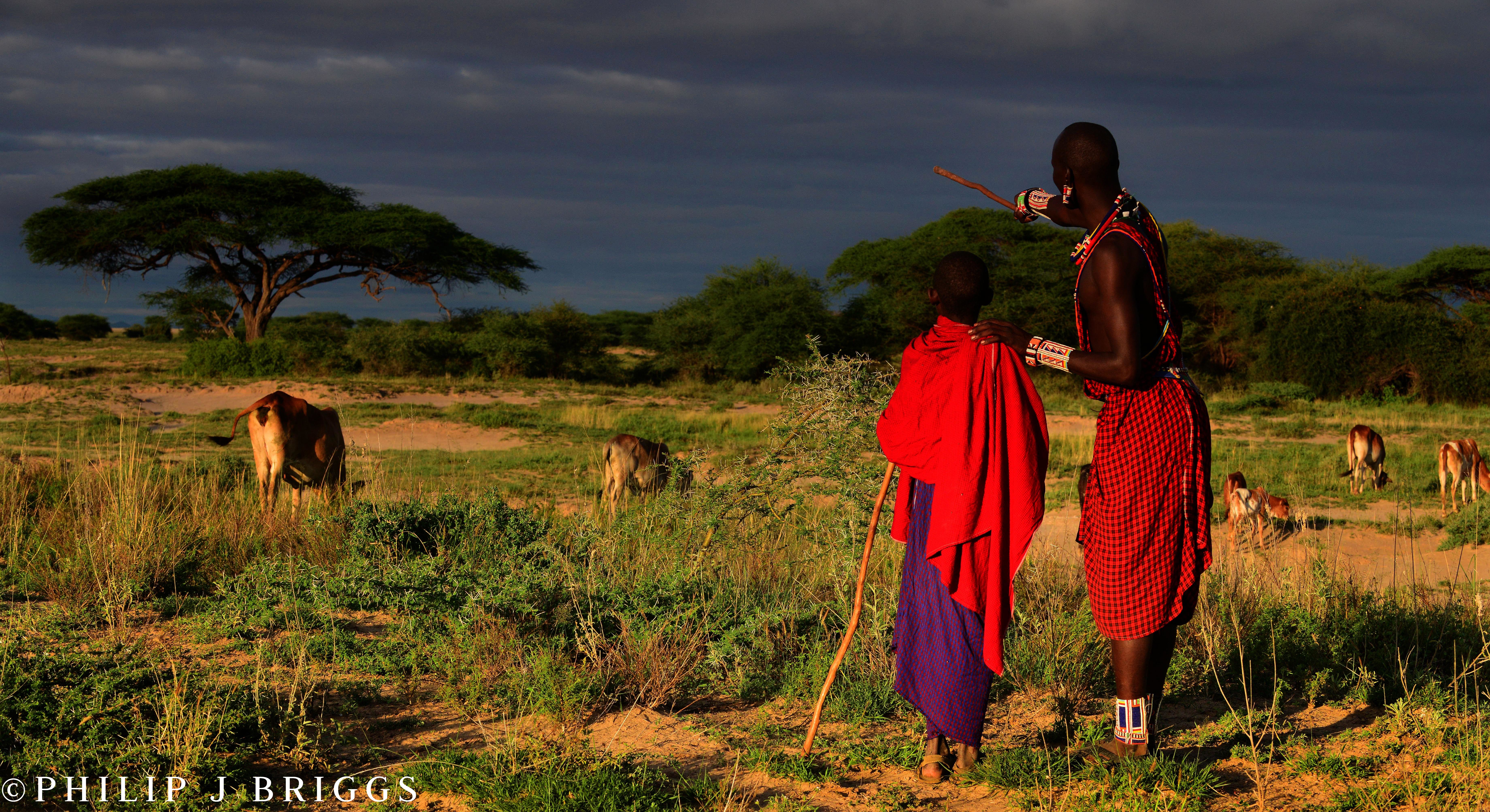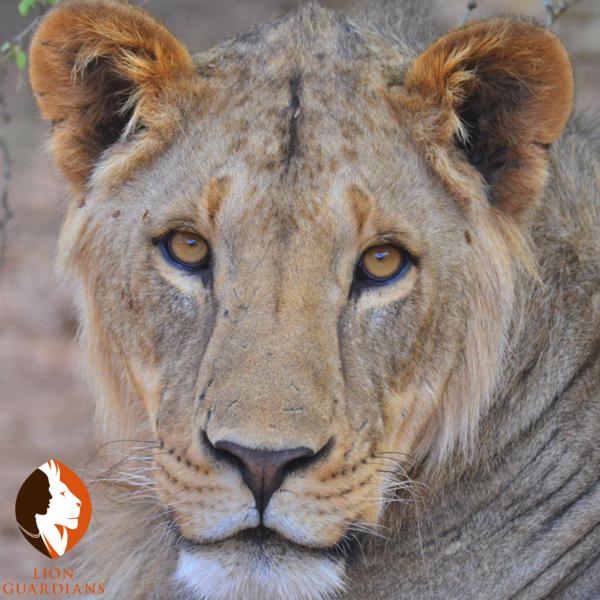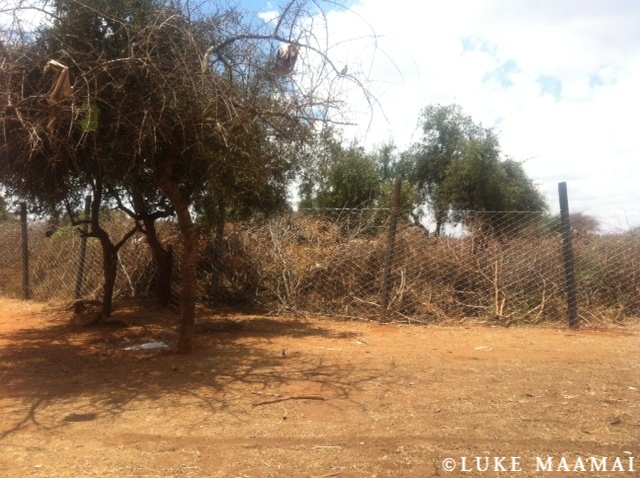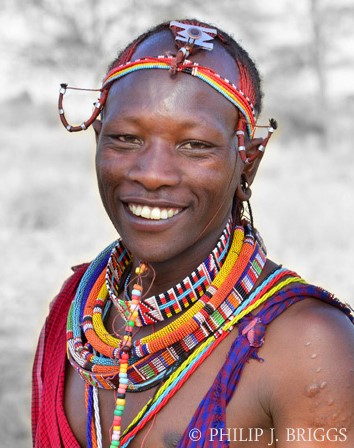To protect lions and communities, it is critical to respond quickly when human-wildlife conflict erupts as well as to anticipate conflict before it even happens. Previous scientific research has found that lions’ activity patterns, attack rates, and hunting success vary across different phases of the moon, so we decided to dig into our own data…




